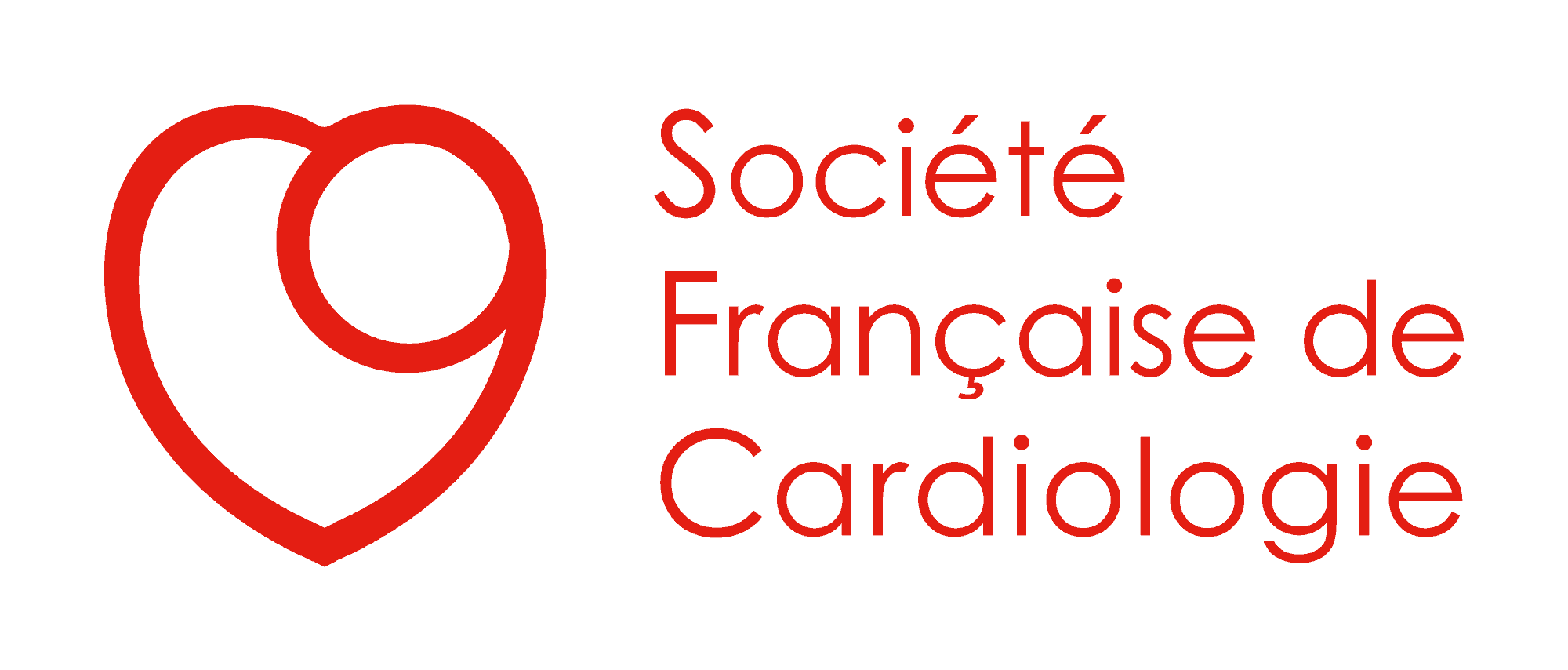Suivez-nous sur les réseaux sociaux !
Retrouvez les articles immanquables des Archives of Cardiovascular Diseases, revue scientifique mensuelle en anglais de notoriété internationale.
Voici un aperçu rapide des sujets abordés dans cette publication :
Dernières publications
Publications
Infective endocarditis with neurological complications: Delaying cardiac surgery is associated with worse outcome
Voici un aperçu rapide des sujets abordés dans cette publication :
Archives of Cardiovascular Diseases | Article du mois – Septembre 2021
Florent Arregle, Helene Martel, Mary Philip, Frederique Gouriet, Jean Paul Casalt, Alberto Riberi, Olivier Torras, Anne-Claire Casalta, Laurence Camoin-Jau, Flora Lavagna, Sebastien Renard, Pierre Ambrosi, Hubert Lepidi, Frederic Collart, Sandrine Hubert, Michel Drancourt, Didier Raoult, Gilbert Habib
Highlights
Neurological complications of infective endocarditis (IE) are associated with poor prognosis.
- We examine the impact of delaying surgery in patients with IE and neurological complications.
- Patients with temporary surgical contraindication had a higher risk of death and complications.
- The decision to postpone surgery should be weighed against the risk of complications.
Summary
Background
Infective endocarditis (IE) is associated with a high mortality rate, related in part to neurological complications. Studies suggest that valvular surgery should be performed early when indicated, but is often delayed by the presence of neurological complications.
Aims
To assess the effect of delaying surgery in patients with IE and neurological complications and to identify factors predictive of death.
Methods
In a prospective, single-centre study in a referral centre for IE, all patients with IE underwent systematic screening for neurological complications. The primary outcome was 6-month death. In patients presenting with neurological complications, the prognosis according to surgical status was analysed and a Cox regression model used to identify variables predictive of death.
Results
Between April 2014 and January 2018, 351 patients with a definite diagnosis of left-sided IE were included. Ninety-four patients (26.8%) presented with at least one neurological complication. Fifty-nine patients (17.7%) died during 6-month follow-up. Six-month mortality rates did not differ significantly between patients with and without neurological complications (P=0.60). Forty patients had a temporary surgical contraindication because of neurological complications. During the period of surgical contraindication, seven of these patients (17.5%) died, six (15.0%) presented a new embolic event, and 12 (30.0%) presented cardiac or septic deterioration. In multivariable analysis, predictive factors of death in patients presenting with neurological complications were temporary surgical contraindication (hazard ratio 7.36, 95% confidence interval 1.61–33.67; P=0.010) and presence of a mechanical prosthetic valve (hazard ratio 16.40, 95% confidence interval 2.22–121.17; P=0.006).
Conclusions
Patients with a temporary surgical contraindication due to neurological complications had a higher risk of death and frequent major complications while waiting for surgery. When indicated, the decision to postpone surgery in the early phase should be weighed against the risk of infectious or cardiac deterioration.
Keywords
Valve disease, Endocarditis, Neurological complication, Stroke
Abbreviations
- CT: computed tomography
- IE: infective endocarditis
- MRI: magnetic resonance imaging
- TOE: transoesophageal echocardiography
- TTE: transthoracic echocardiography
© 2021 Elsevier Masson SAS. All rights reserved.
Partagez cet article :
Partagez cet article :
Written by : SFC
Plus de publications de la SFC

CARDIOLOGIE PÉDIATRIQUE Early Outcomes of Self-Expandable Versus Balloon-Expandable Valves for Managing Dysfunctional Right Ventricular [...]

Archives of Cardiovascular Diseases | Octobre 2025 Siming Wan, Feng Wan, Xi-jian Dai Abstract [...]



